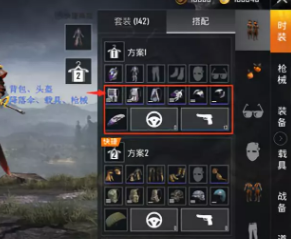bank of canada digital currency Top People searches
Summary: Learning from the successful experience of Europe, America, Japan and South Korea and controlling the class size of primary and secondary schools and college students to 15 students has many positive strategic significance for improving the quality of teaching and training, and cultivating more all-round high-quality talents.In the process of educational reform, Korean schools are gradually developing into small classes. South Korea's education pays attention to cultivating students' comprehensive quality. In a class of 15 students, teachers can better organize diversified teaching activities. For example, group project-based learning is carried out, so that each student can give full play to his own advantages in the project and cultivate teamwork spirit and the ability to solve practical problems. At the same time, the Korean education department found that small-class teaching helps to reduce the academic pressure gap between students and promote educational equity.When the class size is controlled at 15 students, teachers can know more about each student's learning situation. Teachers can provide targeted counseling for each student's weak points of knowledge. For example, in mathematics teaching, teachers may only explain the knowledge points in a large class, but in a class of 15 students, teachers can find each student's problems in algebra, geometry and other different sectors, so as to explain the problem-solving ideas in a personalized way.
2. The change of social concept and educational conceptSummary: Learning from the successful experience of Europe, America, Japan and South Korea and controlling the class size of primary and secondary schools and college students to 15 students has many positive strategic significance for improving the quality of teaching and training, and cultivating more all-round high-quality talents.2. The change of social concept and educational concept
2. Japan and South Korea casesWhen the class size is controlled at 15 students, teachers can know more about each student's learning situation. Teachers can provide targeted counseling for each student's weak points of knowledge. For example, in mathematics teaching, teachers may only explain the knowledge points in a large class, but in a class of 15 students, teachers can find each student's problems in algebra, geometry and other different sectors, so as to explain the problem-solving ideas in a personalized way.2. Cultivate all-round talents
Strategy guide
12-14
Strategy guide 12-14
Strategy guide
12-14
Strategy guide 12-14
Strategy guide
12-14
Strategy guide
12-14


























